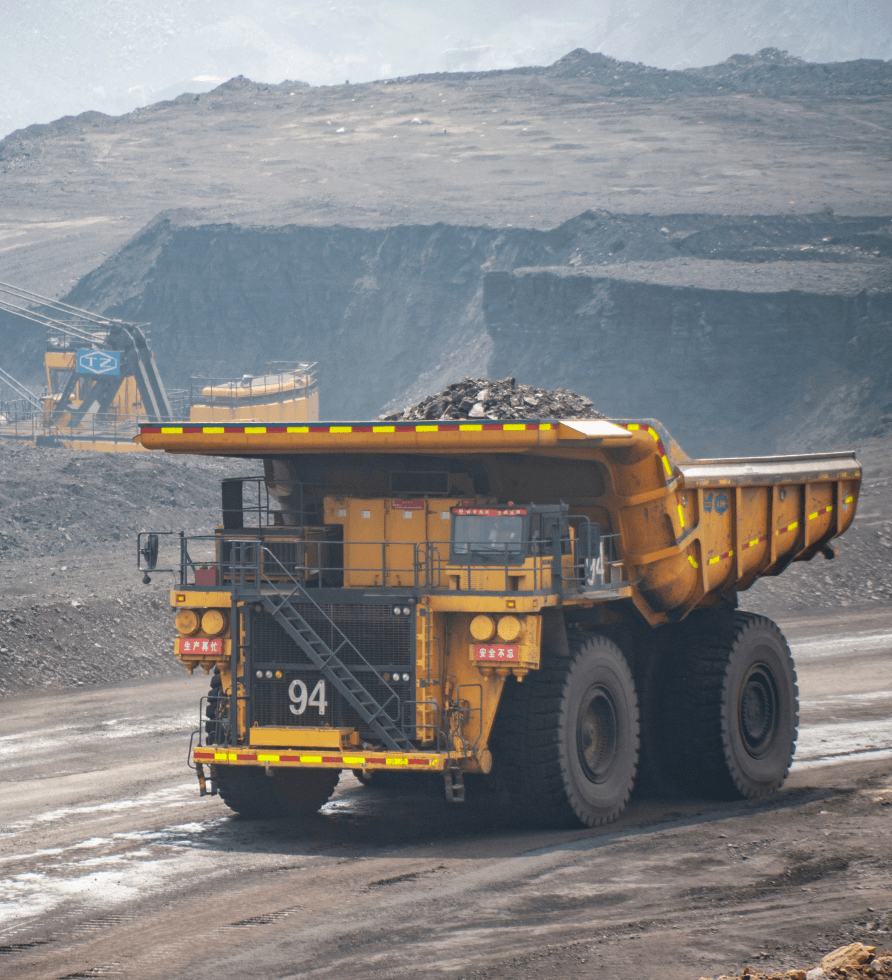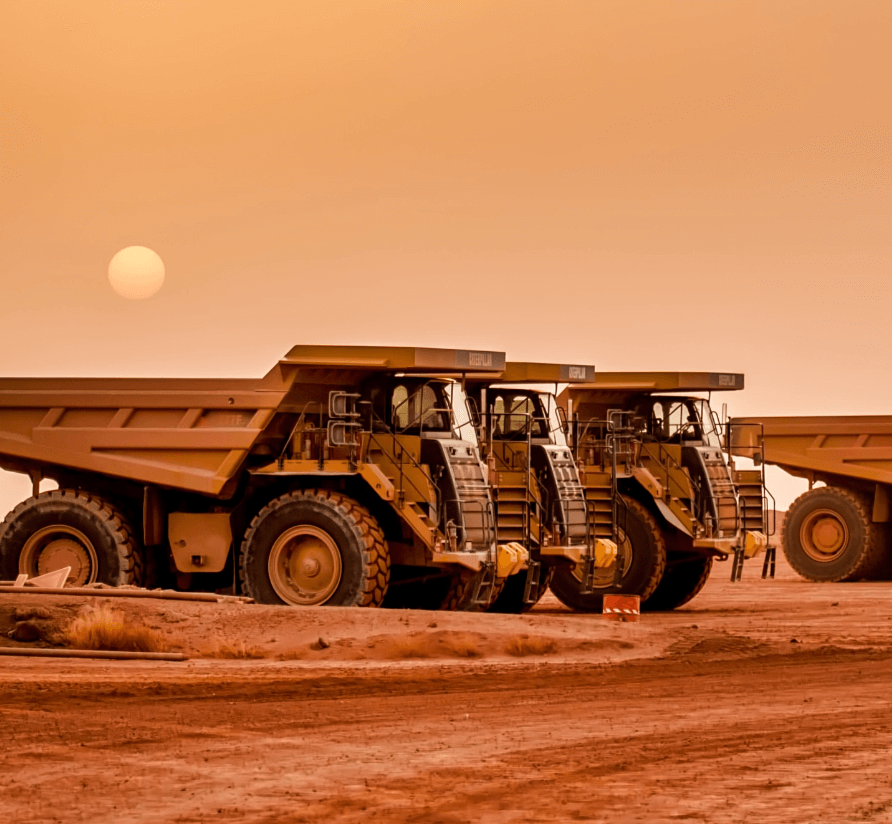Charging the mining industry into an electric future
The future of electric mine haul trucks is one step closer to reality with global mining giants and manufacturers collaborating on interoperability standards to decarbonise haul truck fleets.
Mining giants BHP, Rio Tinto and Vale are establishing a Mining Taskforce within CharIN, supported by the International Council on Mining and Metals (ICMM). With the interoperability framework now developed through a co-design process led by GHD, the new task force is an exciting opportunity for the mining industry to lead, solving interoperability barriers and working towards standardisation.
This taskforce is building on the momentum created by the Charge On Innovation Challenge (COIC) which aimed to attract innovative technology partners and broad support of mining companies and manufacturers, alongside investors, to push forward industry-wide collaboration to standardise the interoperability of electrified mining haul truck fleets.


As the COIC progressed, it became apparent that the ideas developed and electrification more broadly, require interoperability and standardisation in order to be universally effective and sustainable. The three founding COIC patrons engaged GHD to co-develop an interoperability framework and collaborative mechanism to accelerate the standardisation of haul truck electrification.
“For us to be able to drive this forward, we need to be able to engage with all of the mining industry, from mining companies to OEMs and technology suppliers, to advance and enhance the existing standard,” shared Peter Wan, Co-Chair of ICMM's Initiative for Cleaner Safer Vehicles Greenhouse Gas working group and Manager, Mobile Fleet Decarbonisation, Teck Resources, one of the mining companies active in both the ChargeOn Innovation Challenge and the ICMM ICSV program.
Driven to decarbonise, mining companies and manufacturers have voiced their top needs and objectives for an interoperable future.
“By driving interoperability standards, we will reduce the potential for unnecessary duplication in charging infrastructure and the total cost of ownership, along with safety considerations,”
shared Santi Pal, Managing Director Group Technical, Rio Tinto.
These bespoke innovation advisory and facilitation services resulted in the mining industry’s endorsement of an Interoperability Taskforce Charter. Relationships were strengthened in an environment of open collaboration, externally managed by GHD to acknowledge and protect intellectual property and commercial interests.
The taskforce charter creates a collaborative and safe pathway to accelerate change from designing industry development initiatives to researching best practice approaches, managing innovation activities and encouraging open stakeholder collaboration, to supporting governance and relationship model to influence future ways of working. Electrifying haul trucks with interoperable solutions will require sustained industry-wide collaboration, however the benefits of reducing the number of charging standards are compelling.
“Over the last three months we've consulted with more than 60 industry leaders from 30 organisations to reach consensus on definitions of scope, and priority areas of focus,” said Emma Jones, Innovation Manager, GHD Digital. “It was reassuring to find that there is general alignment across the industry on areas of priority, and unanimous support for the establishment of this task force - demonstrating a willingness to collaborate in order to accelerate the standardisation and industry adoption of electric haul truck solutions.”
Looking ahead, a core group of organisations are currently joining CharIN, with BHP, Rio Tinto and Vale already accepted as members, and have set an ambitious target to have the taskforce fully established for an early 2023 start. Together, this network of organisations is set to influence the long-term transformation of technologies, operations and assets used in mine sites.
Through unified, industry-wide collaboration, this taskforce will help move the industry towards interoperable solutions and a sustainable, low-carbon economy.

